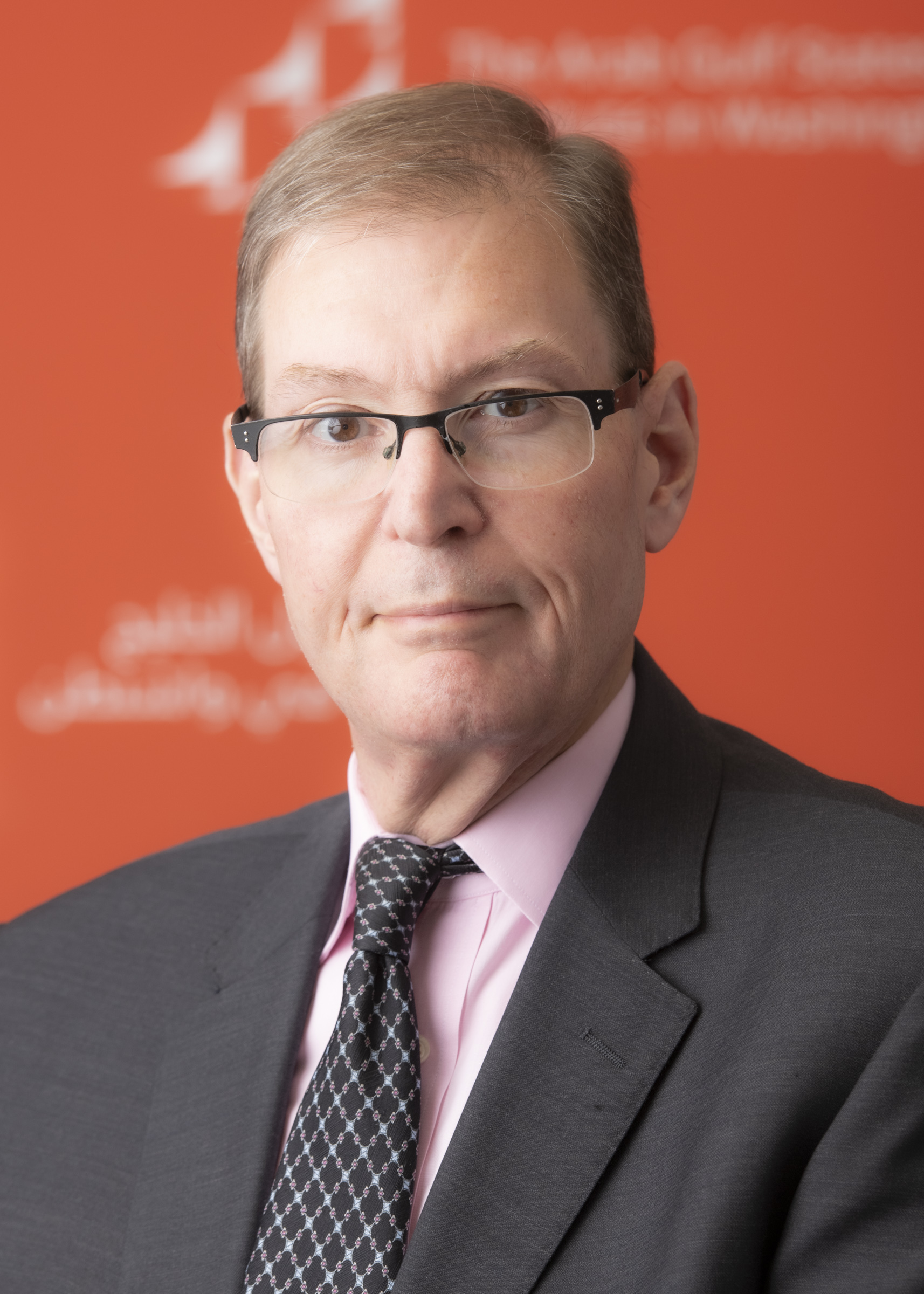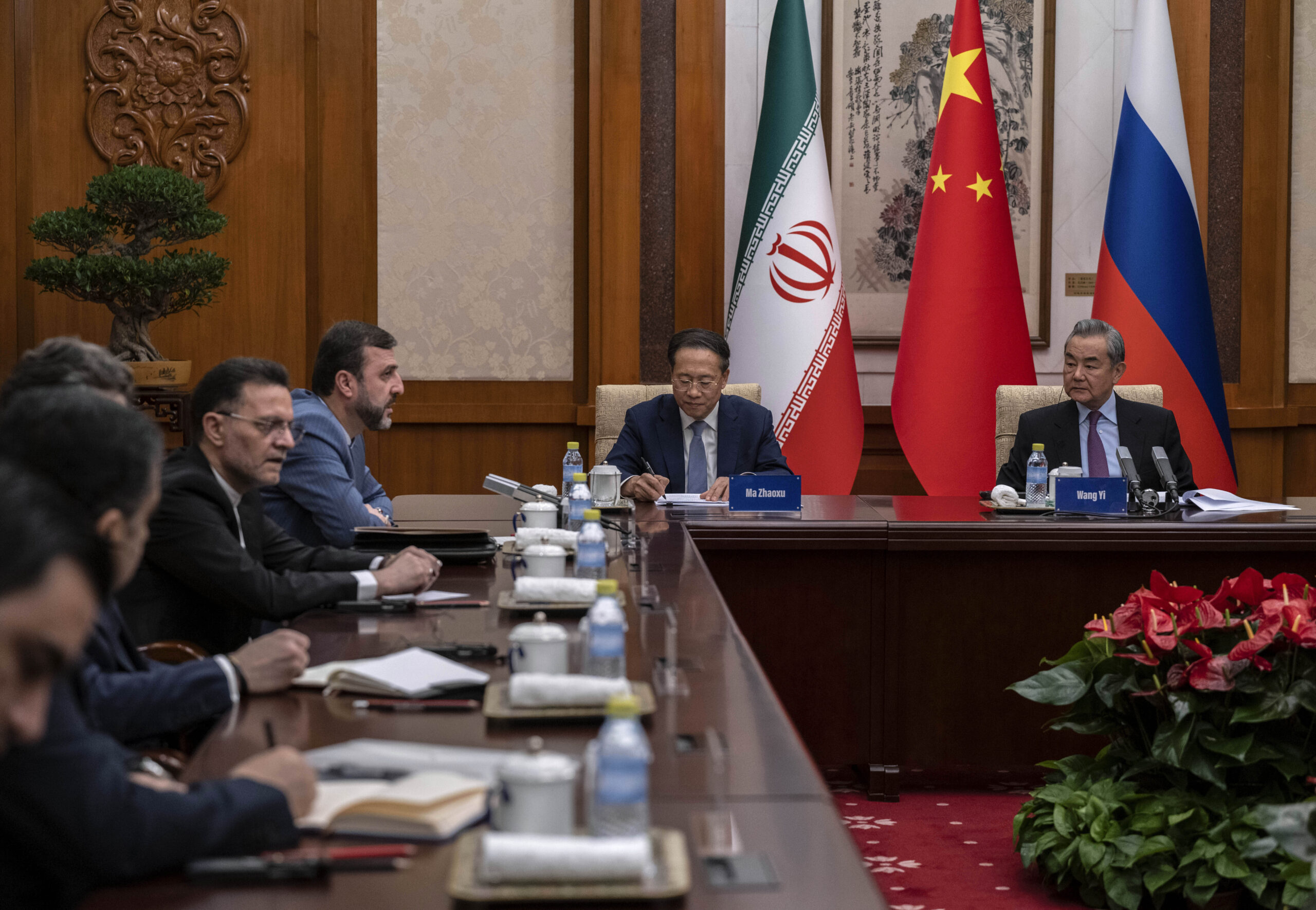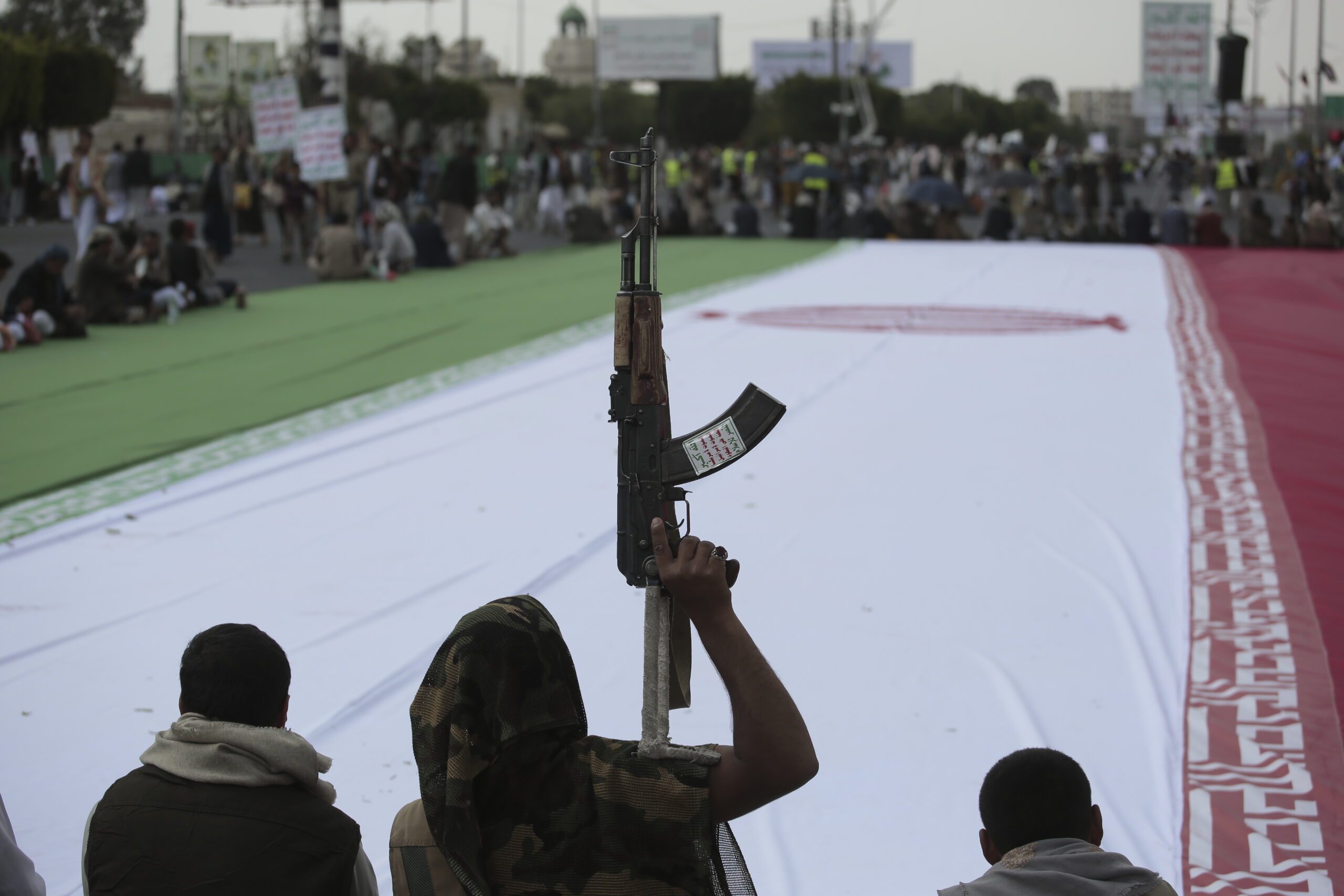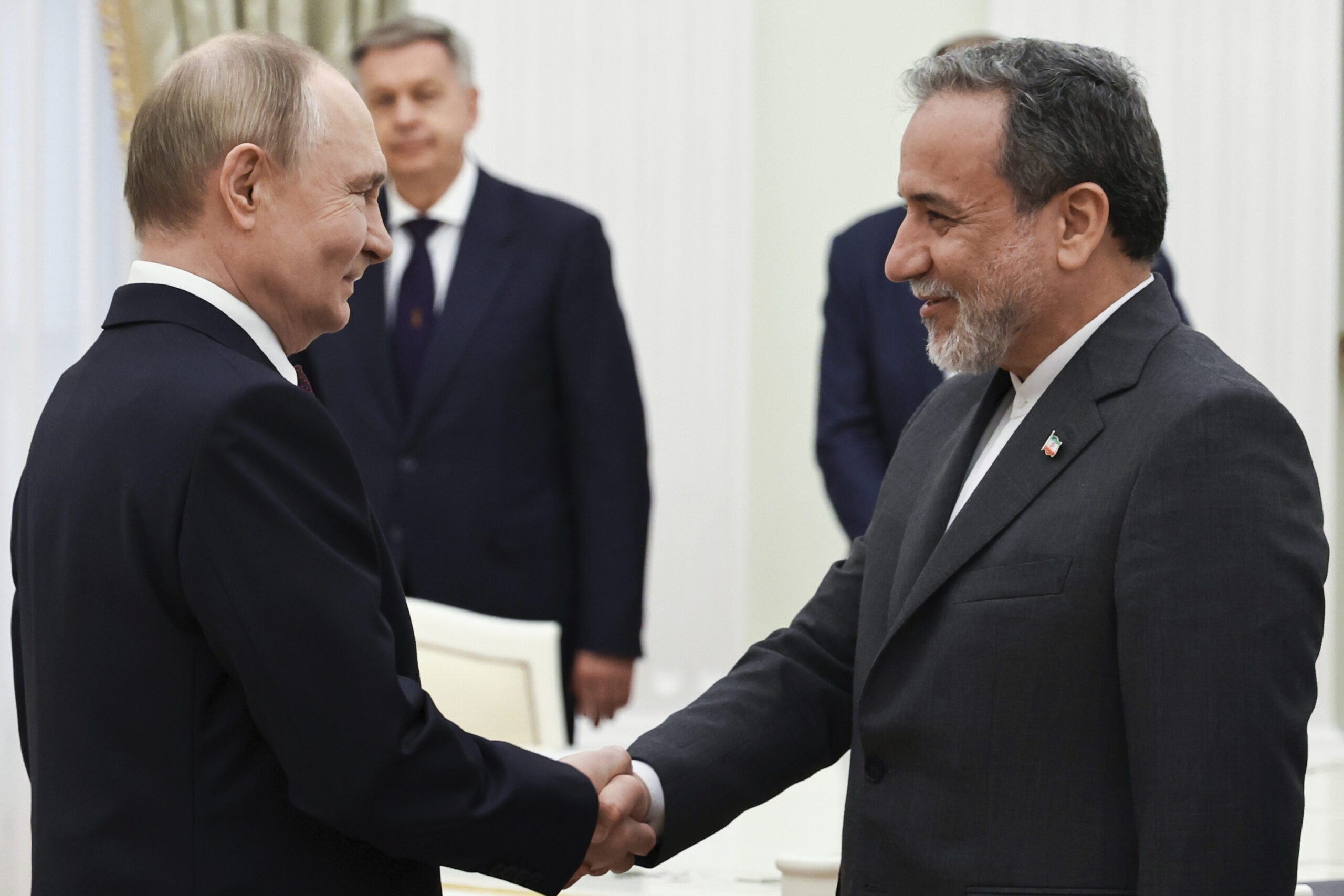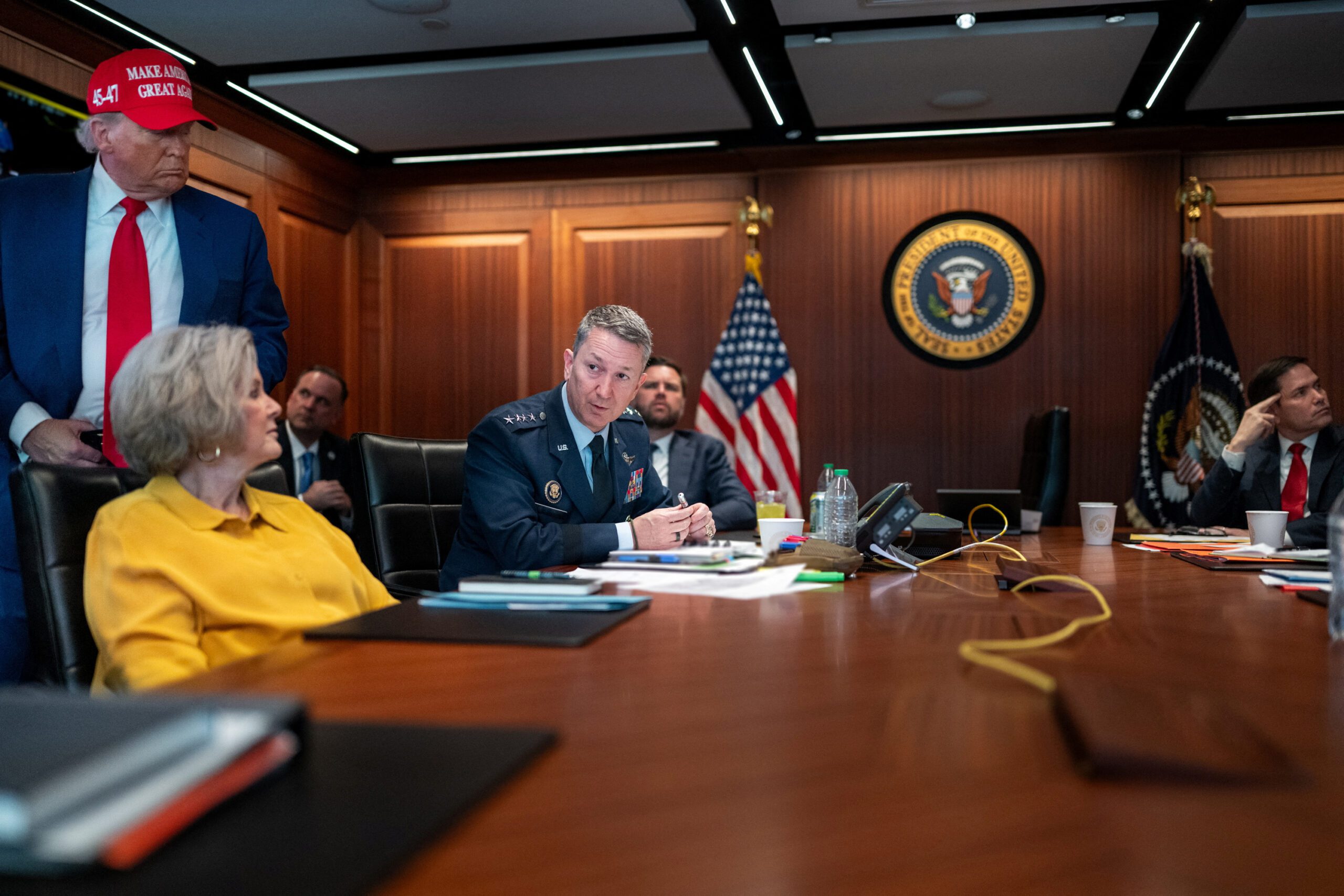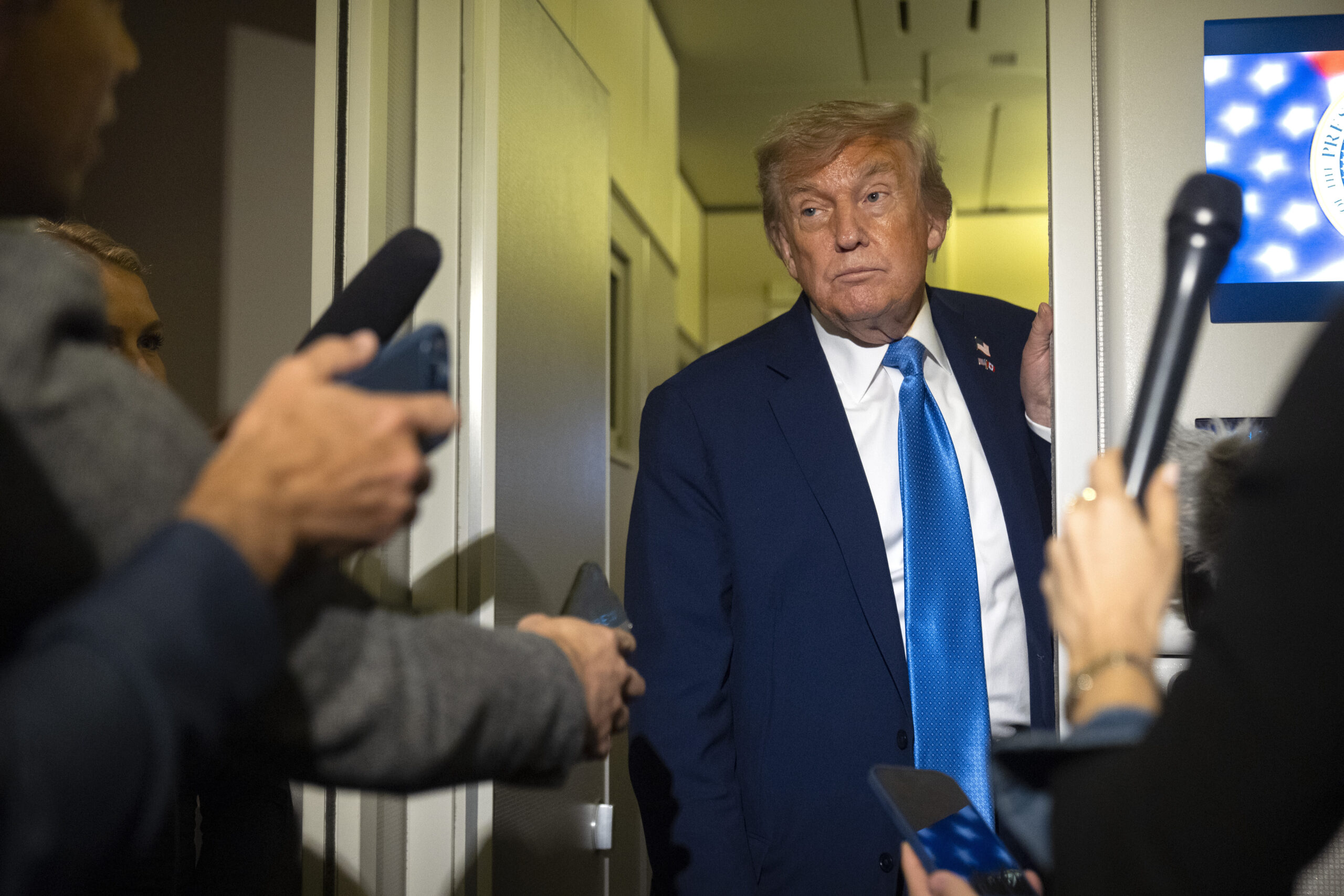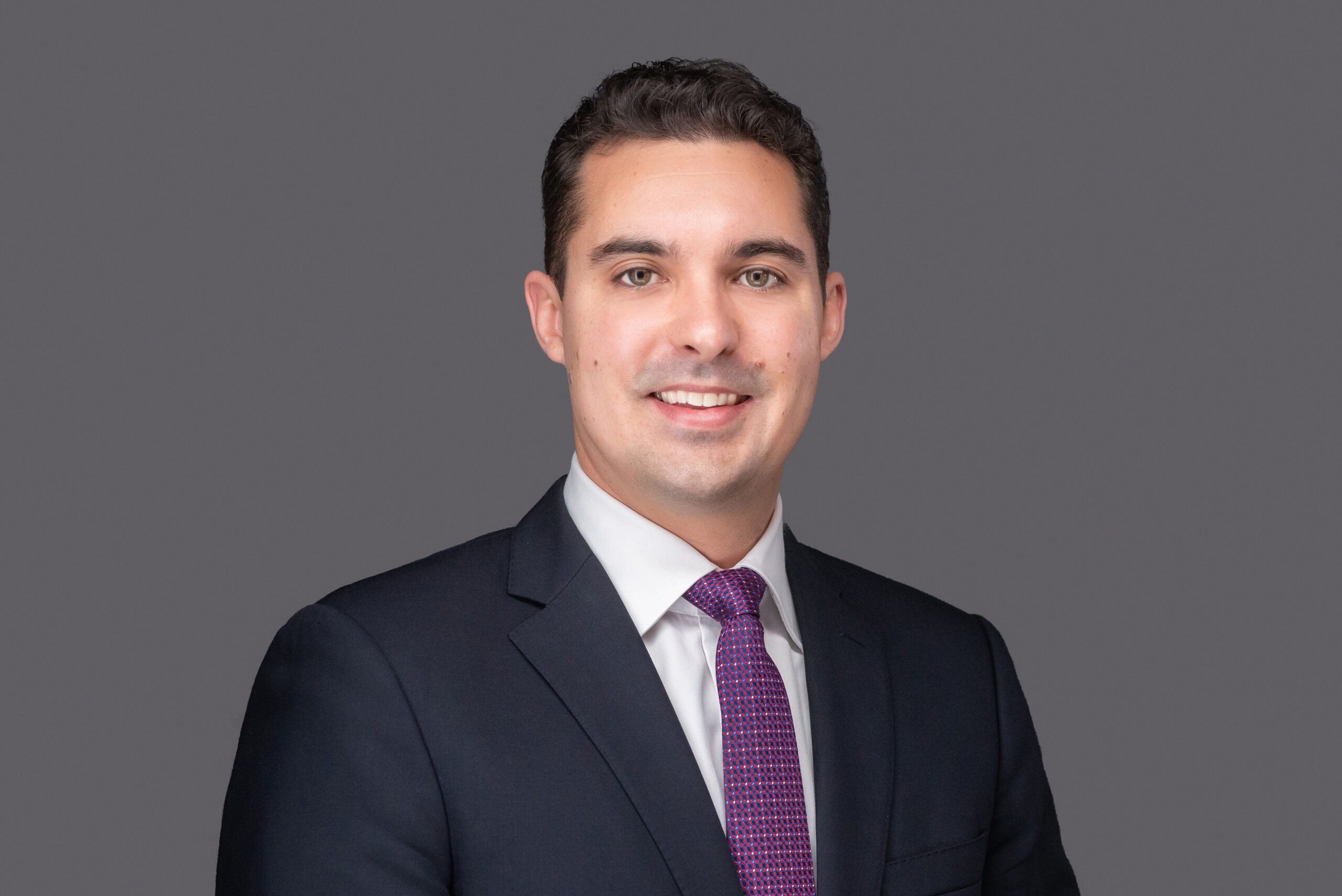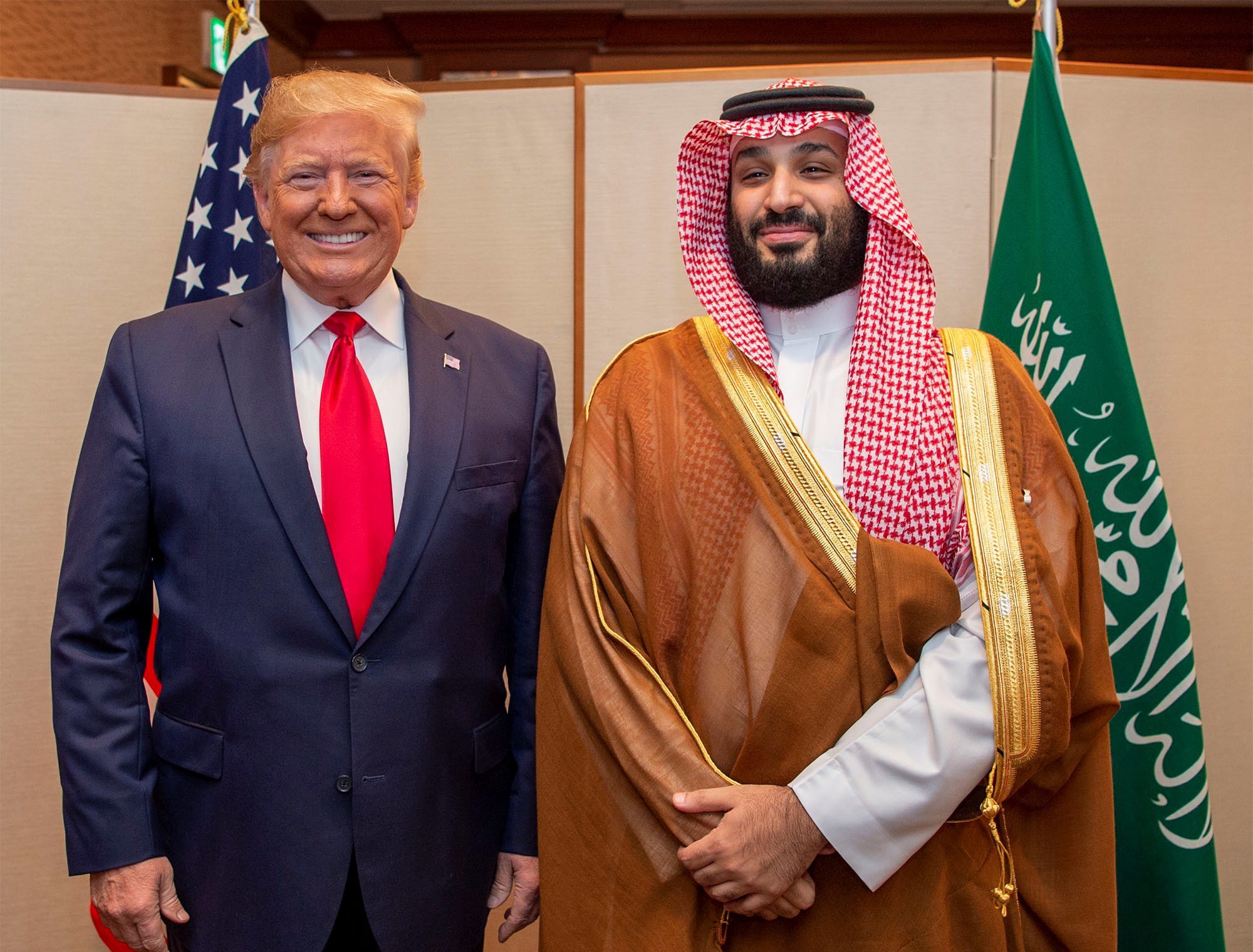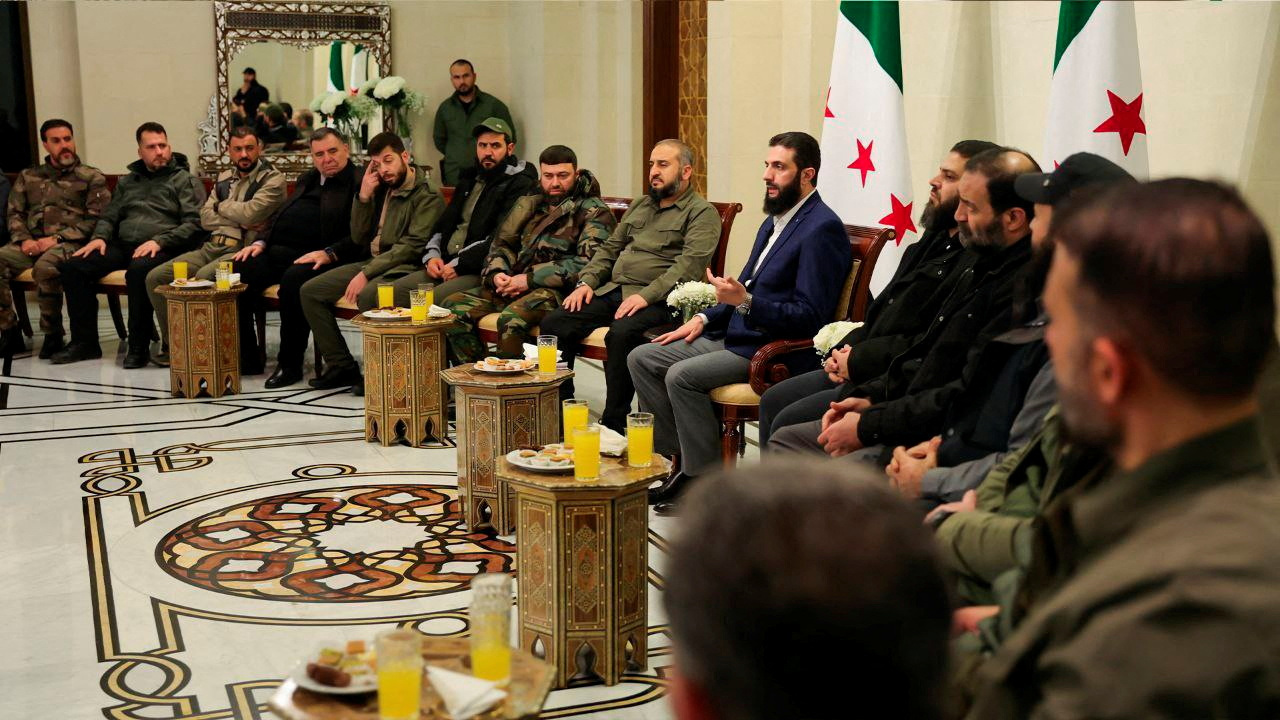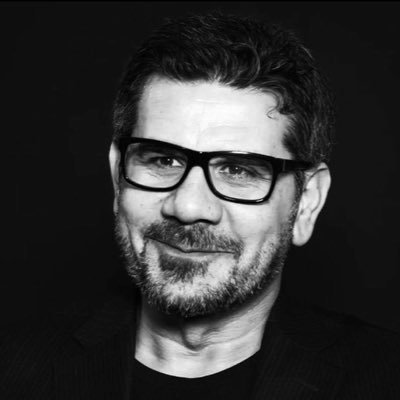How Iran and the Gulf Arab States Can Start a Dialogue Again
It’s hard to overstate the regional impact of the rivalry between Iran and several Gulf Arab states—most notably Saudi Arabia and the United Arab Emirates—bordering in recent years on enmity.

It’s hard to overstate the regional impact of the rivalry between Iran and several Gulf Arab states—most notably Saudi Arabia and the United Arab Emirates—bordering in recent years on enmity.
While these countries haven’t come close to direct warfare, tensions have impacted many regional conflicts in the Middle East including in Syria, Yemen, and Iraq, and festering instability in countries like Lebanon, Bahrain, and even among the Palestinians.
More even than the struggle against terrorist groups like al-Qaeda or Islamic State of Iraq and al-Sham (ISIS), the Arab-Israeli conflict, and Turkish-Kurdish struggles, the confrontation between Iran and Gulf Arab countries has provided an ideological framework that generated proxy conflicts and greatly exacerbated existing ones. As a result, this has caused Iran and Gulf Arab countries to search for every opportunity to bedevil each other, and expand their own influence while limiting the other side.
These contradictions boiled over with the execution of the Saudi Shia dissident and secessionist cleric Nimr al-Nimr in January 2016, and the subsequent mob attacks on Saudi diplomatic missions in Iran, which led Riyadh to end its ties with Tehran. But tensions have been a constant feature of the relationship since the 1979 Iranian revolution, and particularly following the 2003 US invasion and occupation of Iraq.
This article was originally published by the Atlantic Council.
The views represented herein are the author's or speaker's own and do not necessarily reflect the views of AGSI, its staff, or its board of directors.
